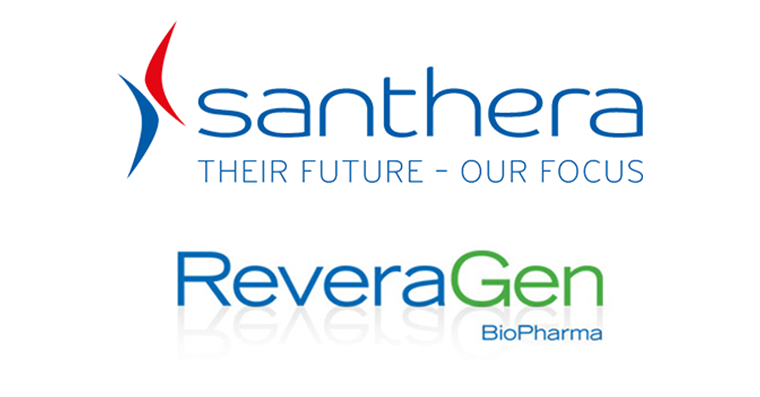
Today Santhera and ReveraGen announced they have dosed the first participant in their Phase 2 study with Vamorolone for individuals with Becker muscular dystrophy. The small pilot study was funded through an FDA grant and is enrolling at two sites, Pittsburgh (USA) and Padova (Italy).
To learn more please see the announcement below or watch Dr. Paula Clemens, one of the principal investigators, discuss the trial during the Emerging Therapies for Becker breakout session from PPMD’s 2022 Annual Conference.
Read the announcement from Santhera & Reveragen
Santhera and ReveraGen Announce First Participant Dosed in FDA-funded Phase 2 Pilot Study with Vamorolone in Becker Muscular Dystrophy
Pratteln, Switzerland, and Rockville, MD, USA, August 22, 2022 – Santhera Pharmaceuticals (SIX: SANN) and ReveraGen BioPharma, Inc announce that the first patient has been dosed in a Phase 2 pilot study to assess vamorolone in Becker muscular dystrophy (BMD), funded by the U.S. Food and Drug Administration (FDA).
This Phase 2 pilot study is a randomized, double-blind, placebo-controlled study to evaluate the safety, tolerability and exploratory clinical efficacy on motor function outcomes of vamorolone compared to placebo over a treatment period of 24 weeks in 39 males (aged ≥18 and <65 years) with BMD (ClinicalTrials.gov id: NCT05166109). Participants will be randomized 2:1 to vamorolone 500 mg (250 mg for body weight <50 kg) daily or placebo. The clinical trial plans to enroll at sites in Pittsburgh (USA) and Padova (Italy).
The study is funded by a USD 1.2 million grant from the FDA under their “Clinical Studies of Orphan Products Addressing Unmet Needs of Rare Diseases (R01)” grants program. The grant adds to existing grants from the National Institutes of Health (NIH) – National Institute of Arthritis and Musculoskeletal and Skin Diseases (NIAMS), and the Foundation to Eradicate Duchenne to carry out a clinical trial of vamorolone in adults with BMD.
“There are currently no approved drugs for BMD in any country, and no drugs in clinical development for this indication in the USA or Europe,” said Eric Hoffman, PhD, President and CEO of ReveraGen BioPharma. “Vamorolone has shown efficacy in the pivotal VISION-DMD study in Duchenne muscular dystrophy (DMD), a more severe but related disease, and, based on these findings and its mechanisms of action, this developmental compound may show a benefit in BMD.”
“The treatment of BMD is lacking standard of care recommendations albeit there is a high unmet medical need, and about one fifth of BMD patients use some chronic steroid dosing which is often not well tolerated,” said Shabir Hasham, MD, Chief Medical Officer and Head Global Medical Affairs of Santhera. “Vamorolone could address some important safety concerns that may lead to poor tolerability or early treatment discontinuation, and thus may potentially represent a novel therapeutic approach to the treatment of BMD as a chronic therapy.”
“Vamorolone has been shown to suppress dystrophin-targeted microRNAs, and thus has the potential to increase dystrophin levels in BMD muscle,” said Paula Clemens, MD, University of Pittsburgh School of Medicine, and the Study Chair of the clinical trial.
BMD, the second most common progressive muscle wasting disease, is similar to DMD, but usually milder. It is caused by the same dystrophin gene (allelic) mutations as DMD but shows residual dystrophin protein in muscle, and variable onset and progression of muscle weakness. Additional rationale supporting potential benefits of vamorolone in BMD is based on studies in mouse models, where vamorolone increased dystrophin levels via suppression of inflammation-associated microRNA pathways. On this basis, vamorolone is anticipated to increase dystrophin levels in BMD patient muscle [1-3].



 by: Parent Project Muscular Dystrophy
by: Parent Project Muscular Dystrophy

